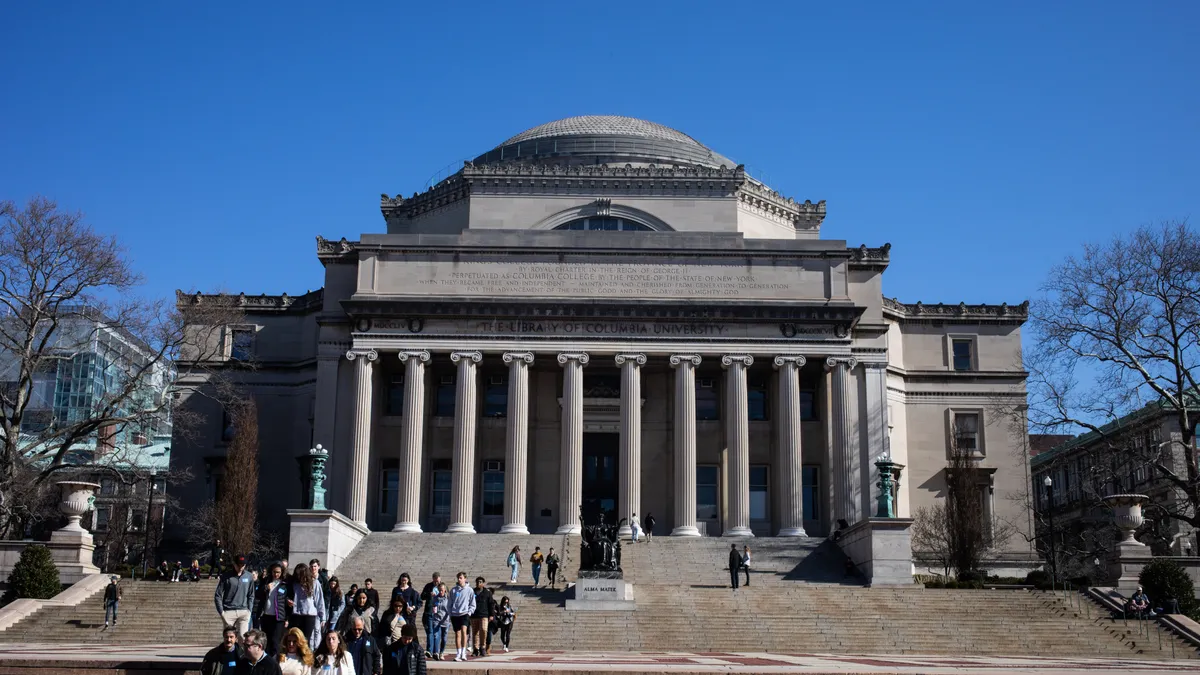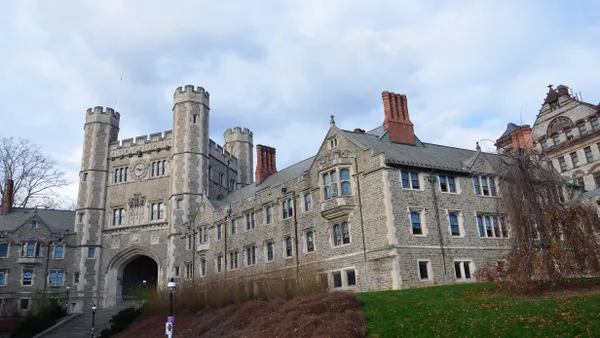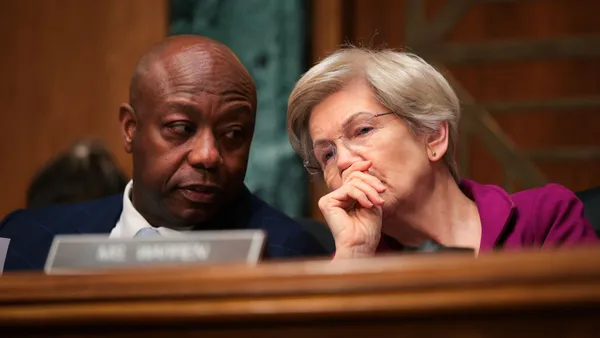Dive Brief:
- Columbia University faces twin lawsuits from two former students alleging the Ivy League institution broke a New York consumer protection law — and its contract with them — by submitting potentially false data to bolster its placement on U.S. News and World Report’s Best Colleges rankings.
- One student, who remained anonymous in court filings, sued Tuesday, while the other, Ravi Campbell, filed a lawsuit in mid-July. Both argue students paid “a premium for tuition and other fees” but were deprived of the education Columbia claimed to offer when it submitted information for rankings about factors like student-to-faculty ratios and class sizes. They described Columbia’s alleged misreporting as false, immoral and unethical.
- Columbia did not immediately respond to a request for comment Wednesday afternoon. The plaintiffs are seeking the cases to be class action, but they must be certified as such.
Dive Insight:
The saga concerning Columbia’s position in the U.S. News and World Report rankings began in February. Columbia mathematics professor Michael Thaddeus that month publicly released an analysis of rankings data the university had submitted to the publication.
Thaddeus found evidence Columbia had distorted information related to several metrics used to determine the rankings, such as undergraduate class sizes and how much the private New York institution spends on instruction.
He had compared public-facing data in the U.S. News rankings to figures Columbia released in financial statements and other sources.
At first, Columbia stood by the data’s veracity. But on the last day of June, it announced it would drop out of the upcoming rankings, as it had not finished an investigation it had launched into Thaddeus’ allegations.
Further, U.S. News in July kicked Columbia off of this year’s Best Colleges rankings. Representatives from the magazine said the university had not responded to multiple requests to confirm the accuracy of certain data points. At the time, a Columbia spokesperson said the institution was disappointed by the move, but said it considered “this a matter of integrity and will take no shortcuts in getting it right.”
Columbia had been slotted No. 2 on the latest round of rankings. Its removal will likely sharpen criticism that the list too often influences institutional decision-making in order to climb the rankings.
The two lawsuits filed against the university are nearly identical. The plaintiffs want the institution to pay damages to students who have attended Columbia from 2016 through 2022. Court filings state they do not know how many students this would cover but estimate it’s “many more than 30,000” individuals.
Plaintiffs also argued they would not have applied to Columbia had they known about the university’s alleged misrepresentation.














